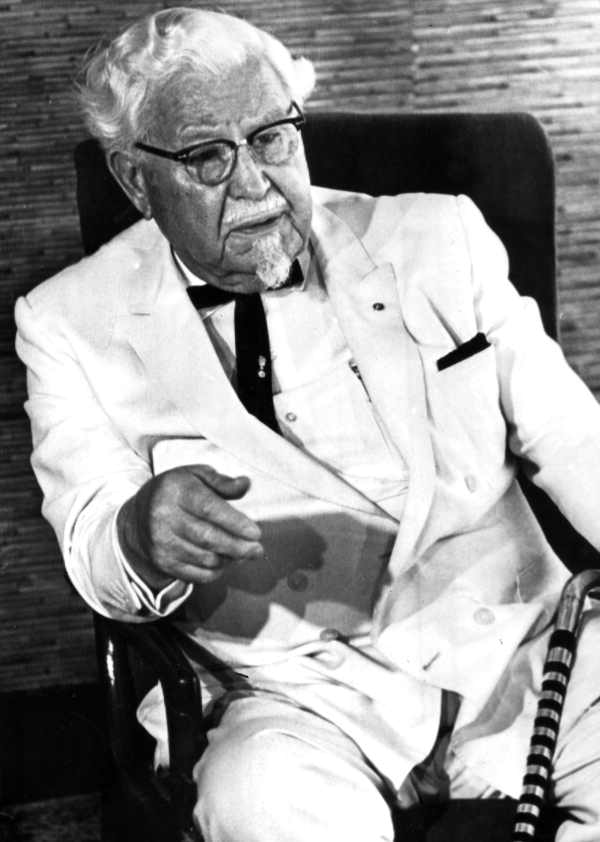Daniel Kahneman has taught us that people who feel observed behave more morally. Further proof: An excerpt from “Surveillance Changes Behavior,” Steve Lohr’s New York Times article about the shift in employee behavior when bars and restaurants watch them via monitoring software:
“Most of the restaurant industry pays its servers low wages and they depend on tips. Employee turnover is high. In that environment, a certain amount of theft has long been regarded as a normal part of the business.
Unethical behavior runs the gamut. There is even a how-to book on the subject, published in 2004, How To Burn Down the House: The Infamous Waiter and Bartender’s Scam Bible by Two Bourbon Street Waiters. A simple example is a bartender’s not charging for a round of drinks, and urging the customers to ‘take care of me’ — with a large tip. Other tactics are more elaborate.
But monitoring software is now available to track all transactions and detect suspicious patterns. In the new study, the tracking software was NCR’s Restaurant Guard product, and NCR provided the data. The software is intentionally set so that a restaurant manager gets only an electronic theft alert in cases that seem to clearly be misconduct. Otherwise, a manager might be mired in time-consuming detective work instead of running the restaurant.
The savings from the theft alerts themselves were modest, $108 a week per restaurant. However, after installing the monitoring software, the revenue per restaurant increased by an average of $2,982 a week, or about 7 percent.
The impact, the researchers say, came not from firing workers engaged in theft, but mostly from their changed behavior. Knowing they were being monitored, the servers not only pulled back on any unethical practices, but also channeled their efforts into, say, prompting customers to have that dessert or a second beer, raising revenue for the restaurant and tips for themselves.”
Tags: Steve Lohr

